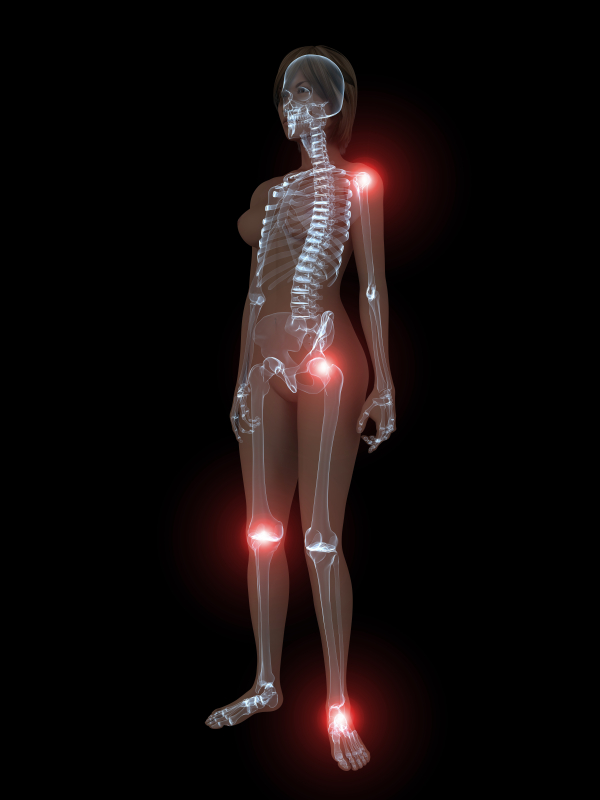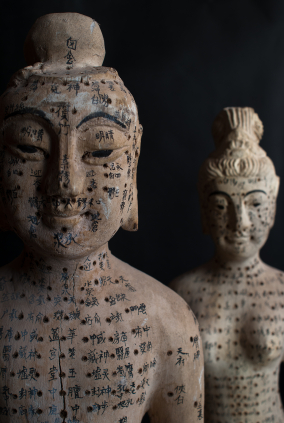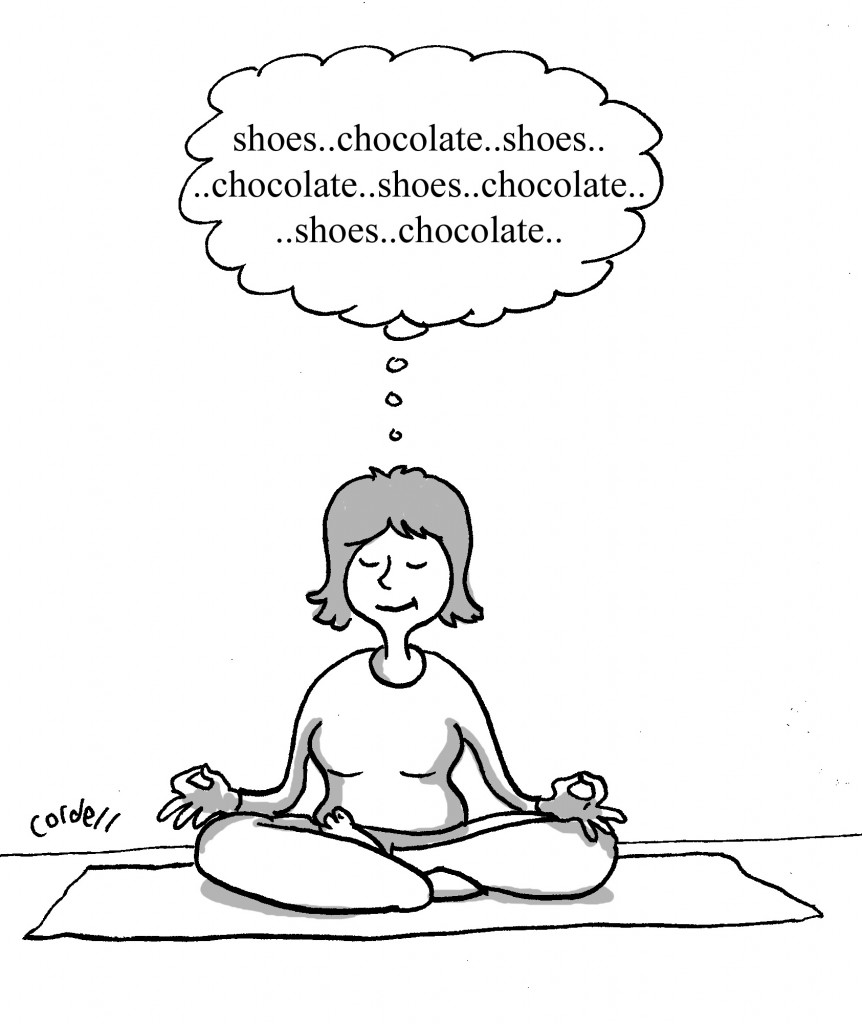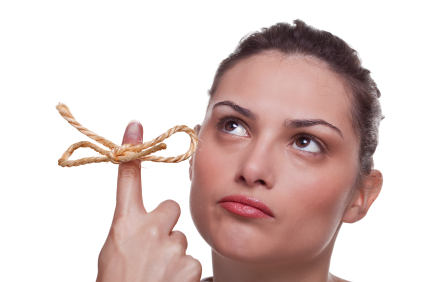Wednesday Bubble: Sunscreen and Skin Aging
I am bursting a big bubble today. The topic? Aging skin. Lord knows it’s a common theme among the women I know. And many women spend thousands (if not tens of thousands) of dollars on creams, lotions, botox, fillers, face lifts and the like to prevent wrinkles, make them disappear or preserve what they have.
Among the many culprits linked to aging skin, cumulative sun exposure is the worse. Ultraviolet (UV) light wreaks havoc directly on proteins and acids in the skin cells, impairs collagen and elasticity, and at its worse, promotes the development of skin cancer.
So short of spending thousands on the above, what can you do?
WEAR SUNSCREEN!
I can’t emphasize it enough.
Experts have been telling us for years that sunscreen can protect against the development of skin cancer. Guess what?! For the first time, researchers have shown the wearing sunscreen can also protect against skin aging. Moreover, a good sunscreen costs a heck of a lot less than costly cosmetic procedures that requires regular maintenance or endless surgeries to remove skin cancer patches.
In a newly published study appearing in the Annals of Internal Medicine, researchers assigned 903 adults under the age of 55 — most of whom were fair skinned and burned when exposed to acute sun — to two groups:
- Roughly half applied sunscreen, SPF 15, to their head, neck, arms and hands every morning and were asked to reapply it after spending several hours outdoors or after heavy sweating or bathing.
- Half were asked to apply sunscreen, SPF-15, at their discretion
- The study participants also received a daily beta-carotene capsule or a placebo
At both the study’s start and after about four and half years, the researchers took impressions of the back of every hand. To insure that the groups were ‘sticking with the program,’ so to speak, they were also asked to turn in suncreen and return the pill bottles for capsule counts every three months.
The findings? Well, at the start of the study, a little over half of the participants showed moderate photoaging; four years later, 49% had skin showing aging to the same degree. And, only the people who used daily sunscreen did not have a detectable increase in the severity of their photoaging. In fact, daily sunscreen users were 24% less likely than discretionary users to have experienced increased skin aging! The same findings were not seen among people with higher grade photoaging at the study’s start. And no differences were seen between beta-carotene and placebo tablet users. Importantly, the results did not appear to be linked to any change in time spent outdoors or in other sun protection methods.
The reason that the ‘under 55 set’ were chosen for the study is that the majority of their photoaging at this stage in their lives is due to sun exposures. So, the findings might not apply to adults older than age 55 whose aging skin is also due to other factors in addition to sun exposure. Still, the researchers say that a unit increase in photoaging grade is related to a visible deterioration in skin texture and an increase in visible small blood vessels and pores on the face. It also correlates significantly with a risk for keratoses and skin cancer.
Still unknown is whether or not a sunscreen with a higher SPF would achieve even greater results. And there are a few scientific limitations to the study; for example, a third of participants did not have skin impressions taken at the study’s start (although the researchers argue that this did not appear to affect the results), and the study numbers were too small to conclude a true lack of benefit with beta-carotene. Yet, what is clear is pretty simple:
Wear sunscreen. Not only will it help to protect against skin cancer but, it also appears to yield a cosmetic benefit, preventing visible aging. That’s a win-win in my estimation!
Read More
Hot flashes, acupuncture and Traditional Chinese Medicine
Acupuncture continues to top the list of ‘go to’ alternatives for hot flashes. And despite confusion, researchers remain focused on trying to explain (and perhaps overcome) conflicting study findings. That, my dear readers, is a very good thing, as this non-invasive, gentle treatment modality, while not the end all to be all, may one day become as accepted among Western practitioners as pharmaceutical agents are.
The goal of Traditional Chinese Medicine (TCM) and acupuncture as they relate to menopausal symptoms like flashes is to reinforce the kidneys, which according to TCM philosophy, result due to a decline in kidney yin and yang (think: out of balance). As I wrote a few years ago:
TCM and other similar philosophies emphasizes various body systems that together, form a network or grid connected by a meridien, if you will, as well as the relationship of the body to its social and natural environment. Its primary focus on maintaining health and enhancing the body’s ability to fight off disease. TCM will not focus, for example, on treating specific pathogens but rather, on addressing non-specific factors that create disturbances or imbalances within a certain network. TCM also examines how these imbalances may occur in unique parts of a specific system, such as the heart and blood vessels and small intestine (all of which are part of the heart system) and how they change over time. Western medicine, on the other hand, focuses primarily on treating morbidities, or symptoms related to various conditions and diseases. You can read more rabout TCM in this post from September, 2010.
In TCM, menopausal symptoms are believed to be related to a decline in yin or yang in the kidneys. One of the oldest prescriptions in TCM to reinforce kidney energy is known as ‘Qing E Fang’ (QEF) and the first record of its use dates back to the year 960. The preparation is a combination of four key ingredients that are mediated through estrogen receptors and expression, hence, its potential usefulness in menopause. (These ingredients, in case you are interested, are Cortex Eucommiae (whose bark and leaf have an antioxidant effect) Fructus Psoraleae (commonly used for bone health and to treat estrogen associated diseases), Semen Juglandis and Rhizoma Garlic.)
From a Western perspective, there is evidence (albeit preliminary) that suggests that acupuncture actually inhibits the thermoregulatory action of the hypothalmic-pituitary gland that works to create a hot flash. (You can read more about how a hot flash comes about here.) And when study trials are designed with TCM and acupuncture philosophy in mind, they tend to yield positive results – such as a small study that appears online in Menopause journal.
This time, researchers took four groups of women who experienced 20 or more hot flashes a week and assigned them to one of four groups: real acupuncture, sham acupuncture (needles inserted superficially), a 14 herb chinese formulation known as Zhi Mu 14 or a placebo version of the same. Women in all four groups were exposed to licensed practitioners and received TCM diagnoses. An important distinction in this research was that not only did the researchers predetermine 8 standard sites for needle insertion, BUT they also allowed the clinician to use an additional, individual points. In the sham acupuncture group, the acupuncture points corresponded to those used regularly in large clinical trials. Women using the Zhi Mu or the placebo took three capsules daily. And, all women maintained a hot flash and menopause symptom diary.
The findings are intriguing. While Zhi Mu did not appear to have much impact on hot flashes, acupuncture did, resulting in significant improvements in both hot flash frequency and severity as well as in other symptoms. Over the long term, acupuncture also appeared to attenuate bladder and sexual problems as well as joint and muscle aches and pains. Moreover, the findings also suggested that real acupuncture is superior to sham acupuncture in reducing severity and frequency of menopausal symptoms, much more so than other clinical trials. Importantly, the researchers believe that their results, albeit preliminary, are due to standardized plus individualized treatment performed by highly experienced acupuncturists.
Where are the holes? Well, this was a small group of women and Zhi Mu doses were not modified according to individual needs (as they might have been in the real world). They also did not test liver values at the end of the study (evidently Zhi Mu has been linked to liver toxicity in some women) so safety of this particular preparation was not properly assessed. Still, scientific jargon aside, this is what you need to take away from this information:
A very small study that was designed by Western practitioners within the parameters of TCM philosophies once again demonstrated the beneficial effect of acupuncture on hot flashes in particular. When acupuncture is conducted appropriately and by a highly skilled practitioner, positive benefits may be realized.
Before we jump to any future conclusions, it’s time to revisit and consider the value of alternatives for menopausal symptoms. Sometimes a spade simply is not a spade and there is more than meets the eye when you start digging through the details.
Read More
Friday Folly: Mind-Body Medicine
Personally, I am a huge fan of mind-body medicine.
You?
Have a beautiful weekend!
Read More
Wednesday Bubble: What? When? Memory and Menopause
This past weekend I was discussing the issue of my growing forgetfulness with a friend who, like me, appears to be losing her mind at times. Later that day, upon I landing at a local airport, I realized that I had forgotten where I parked my car only two days earlier. To add insult to injury? I had used a parking app so that I could remember. Only, it took a few minutes before I remembered that I had used the app.
Sound familiar?
Memory lapse is common among women as they transition from premenopause to perimenopause to full menopause, and even appears to cross boundaries and cultures. In the years that I’ve been writing Flashfree, I have run across data linking memory loss to stress, hormones and even a decline in gray brain matter. (If you would like to check out these posts, you can find them here.) Apparently, hot flashes have also been shown to be a significant predictor of so-called forgetfulness. In one study in particular, women were found to experience more memory problems and cognitive issues when they experienced more frequent hot flashes and sweats. Additionally the intensity of those flashes were directly correlated to how long memory issues lasted.
This probable link has been teased out recently in a small (68) pool of midlife women who reported having at least 35 hot flashes a week. Importantly, data were not only based on recall but also, on scientific measures of cognitive functioning (ability to remember words after both short and long delays), menopausal symptoms, sleep and positive and negative moods. With regard to memory in particular, the women were scored on how often they forgot, how serious a failing memory was in those situations, current memory in relation to earlier events in their lives (e.g. 5 years ago, 10 years ago) and the frequency with which they used or didn’t use memory aids. They were also asked to rate their current memory.
One of the most interesting findings was the validation that objective memory performance predicted the magnitude of subjective memory, i.e. the women had an accurate idea of how well or poorly their memory was functioning. What’s more, the higher the numbers of self-reported vasomotor symptoms, the more women recalled having issues in the past, which suggests that women with more vasomotor symptoms — more flashes and sweats — experienced cognitive issues longer than women with fewer symptoms. And, the greater the degree of negative mood — depression, anxiety, hostility — the higher the frequency of forgetting, again, confirming that complaints of memory loss during menopause is not, to coin a phrase, all in your head!
We still lack information on how the relationship between what we believe happens to our memory and what can be measured or confirmed changes as we age or across different menopausal stages. However, the data lend credence to claims that memory is changing during menopause, especially in terms of performance on tasks, and that our mood can influence how well we comprehend or judge the severity and seriousness of those lapses.
Feel like you are losing your mind at times? If you are in the throes of the ‘pause, this feeling may not be going away any time soon.
Read More
The Stash: guest post by Wendy Scherer
What’s in your ‘just in case’ stash? For many of us, one particular stash is no longer needed. Or is it?! Wendy Scherer weighs in on her stash dilemma: the unneeded tampon.
I’ve always kept a stash of tampons in the guest bathroom and in the master bathroom. Just in case. And, on occasion, it’s been pretty handy for our guests, too. I even bought a really cool old box when we moved into our home 3 years ago – specifically for extra toilet paper and tampons. Love the box.
It occurred to me today that maybe there’s a shelf life for tampons. While this may definitely fall into <em>too much information</em> category, I haven’t needed one since a couple months after we moved here. And clearly, no one in my family (3 sons and a husband) needs any. And frankly, I don’t think we’ve had any guests who have partaken of the bounty, either.
And so, they sit there in the box. Unneeded.
I hate to just throw them away. I know silly, right? But I harken back to memories of needing one desperately and can’t help but feel they should stay. Just in case.
About Wendy Scherer
Wendy Scherer is a wife, a mom, a friend, a social media researcher and marketing strategist. When faced with adversity, she bakes. She’s an eternal optimist. And she’s pretty darn friendly. You can reach her on Twitter at @wendyscherer and or check out her other online obsessions here.
Read MoreAchy breaky joints
 Are you consistently achy? Have you been told that you have fibromyalgia? According to research published in Maturitas, not only are middle-aged women prone to achy muscles and joints that might be otherwise known as fibromyalgia, but, those aches and pains may actually be related to hormonal changes. Indeed, when they reanalyzed information collected from over 8,300 women between the ages of 40 and 59, they learned that muscle and joint aches during this time period were significantly related to menopausal symptoms — not only did more than half of the women (63%) suffer from muscle and joint achiness, but, it appeared to double in prevalance in women ages 55 to 59 compared to their younger (40 to 44 year old) peers. Moreover, it tripled in women who were five years into menopause compared to the same group of women.
Are you consistently achy? Have you been told that you have fibromyalgia? According to research published in Maturitas, not only are middle-aged women prone to achy muscles and joints that might be otherwise known as fibromyalgia, but, those aches and pains may actually be related to hormonal changes. Indeed, when they reanalyzed information collected from over 8,300 women between the ages of 40 and 59, they learned that muscle and joint aches during this time period were significantly related to menopausal symptoms — not only did more than half of the women (63%) suffer from muscle and joint achiness, but, it appeared to double in prevalance in women ages 55 to 59 compared to their younger (40 to 44 year old) peers. Moreover, it tripled in women who were five years into menopause compared to the same group of women.
About 16% of these women said that their symptoms were severe or very severe. And importantly, these women tended to display so-called epidemiological characteristics, things like lower socioeconomic status (and by default, less likely to have the means to pay for better healthcare) or a history of psychiatric care. Regardless, there also appeared to be a direct correlation between feeling less healthy and having severe muscle and joint aches. And, women who had surgical menopause carried an even higher risk of presenting with worse joint symptoms.
Study findings also showed that the more intense menopause symptoms were, the more severe muscle and joint aches appeared to be; up to 60% of women with severe vasomotor symptoms also reported severe to very severe aches and pains.
It is possible that the central nervous system has some sort of role, as it impacts both symptoms and joint and muscle pains. Another commonality is that among women with fibromyalgia, symptoms like weakness, anxiety and insomnia — also seen during menopause — are present.
So where are the holes? Because of the study design, there is no cause and effect conclusion at play; in other words, researchers can’t unequivocally say that menopause causes aches and pains. Moreover, the tools used to evaluate muscle and joint pain are actually the same as those relied on to evaluate menopausal symptoms, which means that accuracy may come into question. Still, what they did learn is that hormone therapy reversed or lessened pain severity, meaning that menopause does appear to play some sort of role.
Meanwhile, if you are feeling especially achy and you are in the throes of menopause, it is very possible it’s not in your head. Talk to your practitioner, And consider mind-body strategies such as meditation, QiGong and yoga, which have been correlated with reductions in pain.
Read MoreLife
This weekend, I had an amazing opportunity to spend an evening and time with old and new friends, to celebrate life, and love and family and career and being women. And that vibrant time was interrupted in the late Sunday afternoon hours with news that a friend’s mom had passed. My heart, so filled with joy just hours prior, was suddenly heavy with sadness for my friend.
We, I, am at that age where our parent are passing, our friends are becoming ill, our lives are likely more than half over. Let me tell you; it’s pretty strange and downright sobering.
I had started to write Monday’s post when news came via email of my friend’s mother’s passing. And I immediately realized that that post could wait.
Life, that life, our life, your life is filled constantly with happy balanced with sad. And when the sadness occurs in the midst of the joy it reinforces the importance of embracing and being grateful for those happy moments, evenings spent with friends laughing, loving, sharing, just being.
On this Monday, I wish you a life filled with joyful moments and the sobering events that allows one to be ever more grateful for them.
This, my dear readers, is life. Embrace the moments but pay attention to them, feel them, breathe them, exist in them. In a second, they change.
See you Wednesday.
xo
p.s. A – sending love, peace and friendship.
Read More












